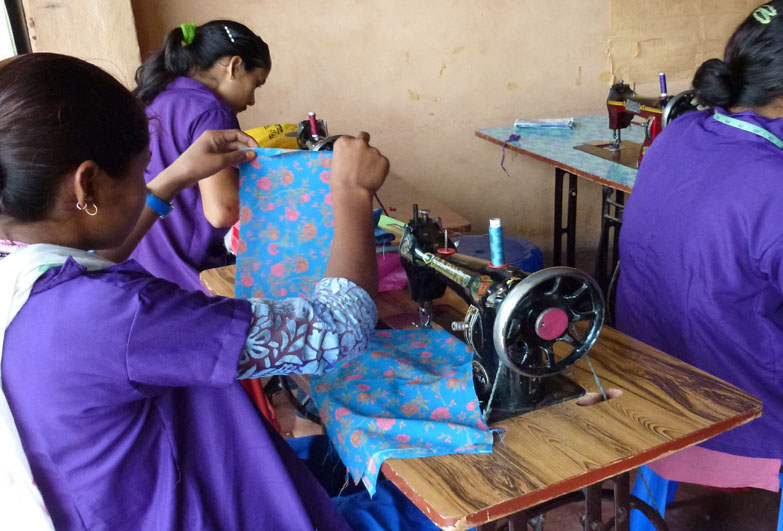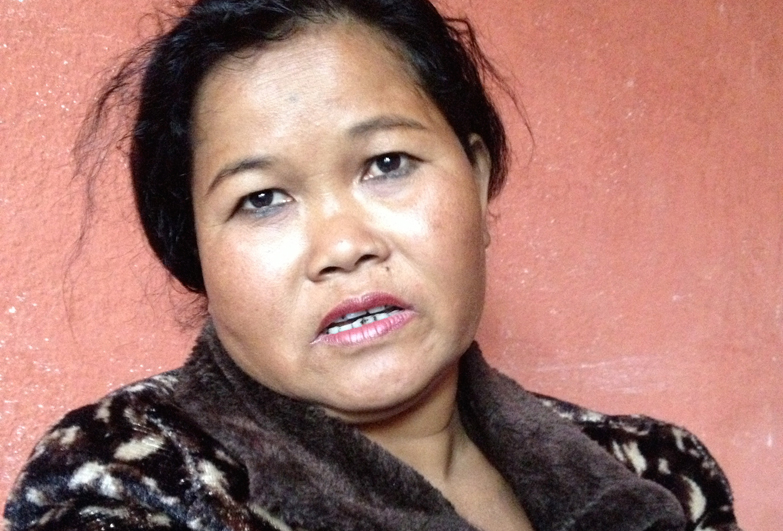Nepal

Nepal to Lebanon – migrant domestic workers
Because of the lack of opportunities for decent jobs in Nepal, many women migrate to work as domestic workers in the Middle East, with Lebanon being one of the top destinations.
A large number of migrant domestic workers in Lebanon experience exploitation and abuse. Many live in conditions often amounting to slavery. Their passports are routinely confiscated, and the ‘kafala’ sponsorship system makes their legal status dependent on their employers.
We work with our local partners GEFONT in Nepal to address the vulnerability of Nepali women to trafficking.
Using their vast network of Community Health Volunteers, we reach out to potential migrant domestic workers in the most remote villages to provide face to face training on safe migration.
The aim is to make women aware of the risks associated with migration, explain how to mitigate these risks and to claim their rights. We distribute pocket-size booklets containing all the information they need and contact numbers for emergency situations.
Throughout the five years of the project we reached almost 4,000 potential migrants and distributed 12,000 contact cards.
We also lobby policy makers to:
- regulate recruitment agencies who illegally charge workers in advance and push them into debt bondage
- set up a Consulate in Lebanon to protect migrants
- lift the ban on migration for domestic work in Lebanon for women under 30, which forces women to undertake more risky illegal routes
- Project partner: GEFONT
Kamala, former domestic worker in Lebanon
“My employer used to lock me up in the house and shut all the doors and windows.
I was ordered to wake up at four in the morning and sleep at one in the morning. I used to keep awake by ironing my master’s clothes.
When I came back home everyone looked at me shocked, they thought I was dead. I lost all my earnings.
I spend my days lamenting about the seven years I lost, and the trauma still haunts me.”
Education for children from families affected by debt bondage
Despite Nepal officially abolishing bonded labour, the practice still continues to affect many families.
We recently completed a five-year project working to break the cycle of poverty, discrimination and bondage by improving access to education for children of bonded labourers.
With our local partners we reached out to over 1,500 children who were out of school and provided them with basic education to bring them up to the standard required to enrol in state schools.
For children over 15 years of age, we provided vocational training courses to help them find decent jobs and reduce their families’ dependency on the landlords.
Project partners:
